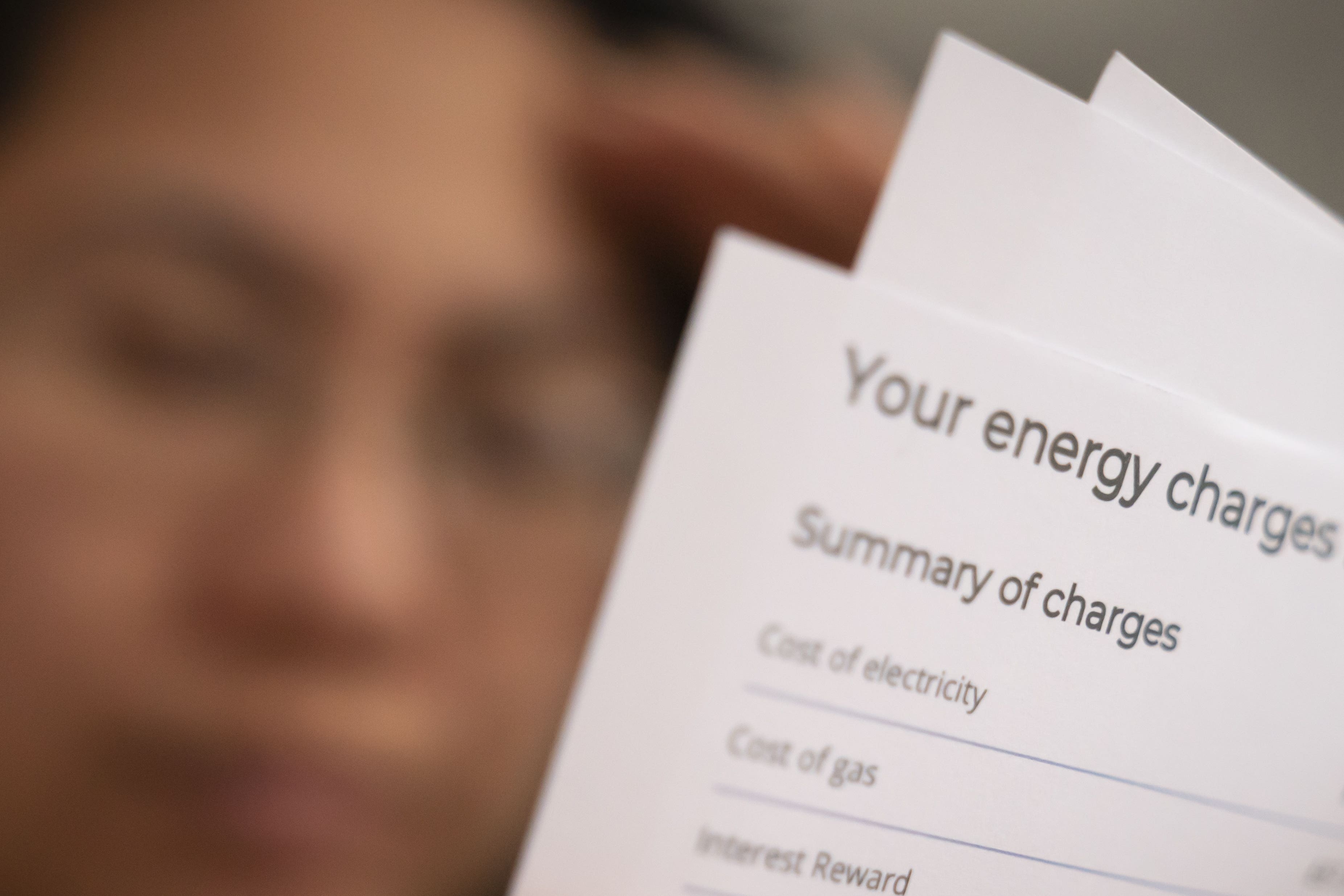Abolish standing charges on energy bills, say industry bosses
It is a fixed amount people pay and does not change even if electricity and gas usage is reduced.

Your support helps us to tell the story
From reproductive rights to climate change to Big Tech, The Independent is on the ground when the story is developing. Whether it's investigating the financials of Elon Musk's pro-Trump PAC or producing our latest documentary, 'The A Word', which shines a light on the American women fighting for reproductive rights, we know how important it is to parse out the facts from the messaging.
At such a critical moment in US history, we need reporters on the ground. Your donation allows us to keep sending journalists to speak to both sides of the story.
The Independent is trusted by Americans across the entire political spectrum. And unlike many other quality news outlets, we choose not to lock Americans out of our reporting and analysis with paywalls. We believe quality journalism should be available to everyone, paid for by those who can afford it.
Your support makes all the difference.The standing charges on energy bills should be abolished or reduced, bosses in the sector have said.
The boss of British Gas owner Centrica said on Friday that the system penalises those who try to keep their energy bills under control by reducing how much gas and electricity they use.
The standing charge is a fixed amount that people pay on their energy bill and does not change based on usage.
It is used to pay for many things, including the upkeep of the electricity and gas grids.
However, its critics say it is an unfair system which gives people less control over their energy bills.
It could mean a household which only uses gas for heating their home, and not for hot water or cooking, will still be charged during the summer months when their heating is off.
Although such homes are rare, it could leave people with charges they do not understand and can do nothing about.
“The standing charge hits those who are careful about their energy use hardest – and these are often people from low-income households and prepayment meter customers,” Centrica chief executive Chris O’Shea told the Sun newspaper on Friday.
“I know from conversations with prepayment customers that the standing charge can see them unknowingly build up debts over the warmer summer months.”
He also reiterated his support for a so-called social tariff, which would allow poorer households to get special discounted deals on their energy bills.
Greg Jackson, chief executive of British Gas’s rival Octopus Energy, also aimed criticism at the standing charge on Friday.
“Standing charges are too high,” Mr Jackson wrote on Twitter.
“Octopus charges 4-5% below the price cap, but it’s almost impossible to go lower because of regulation.
“Costs should be moved on to unit rates with extra support for low income/disabled customers.”
This would mean that instead of a standing charge, the cost for every unit of gas or electricity that someone uses would increase. That would give people more control over their bills.
If this happened it would benefit households who use less energy, but it would be bad for those who use more.
This could mean some poorer people, such as those with large families or in poorly insulated homes who need to use more energy, would see their bills rise.